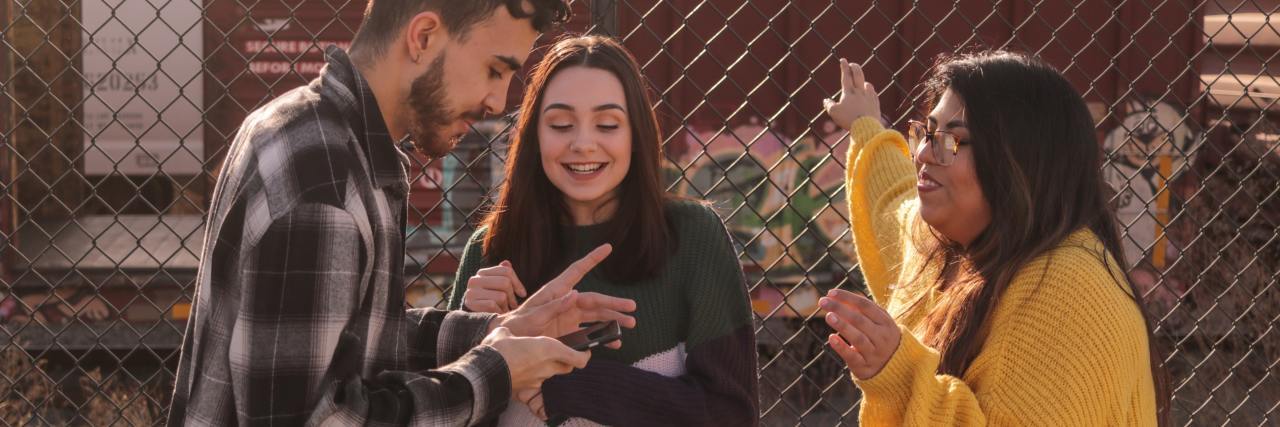Today, I completed my six-month-long specialist master of social work internship at an adolescent partial hospitalization program. Nothing in my whole education has been more meaningful than this experience. All of the kids I’ve worked with have shaped how I see the world and the future of openness and inclusivity. What was most impactful to witness was that when youth are in a safe and comforting environment, they offer each other the most genuine and authentic support. No matter the circumstance, diagnosis or trauma history, I have had the privilege to see some level of self-growth and encouragement for others in every kid I’ve worked with. Through my work with these youth, I have realized actions we can take as adults to promote mental health in youth.
My call for change to support the mental health of youth:
1. The stigma of mental illness is generational and societal, and we need to do all we can to end that stigma.
Mental health issues are not a flaw in character or parenting, and people living with mental illnesses are 10 times more likely to be the victims of violence than the perpetrators. Misinformation is contagious, and stigma is the force that makes people who are suffering feel shame and guilt.
2. Youth are becoming increasingly aware and accepting of mental health and treatment.
However, they do not have as much power or choice in seeking intervention. Part of ending stigma is viewing mental health like we do physical health. Treatment and early intervention prevent the worsening of symptoms. Mental health conditions do not care about a person’s feelings about mental illness; they do not discriminate. It is time we normalize mental health treatment. Parents, guardians and caregivers deserve support and kindness when their children are experiencing mental health issues. With nonjudgmental support, we play a role in ending the stigma.
3. Mental health in schools.
This is a requirement in my home state of New York, and meeting the minimum quota is not enough. Skills for anger management, emotion regulation and self-respect can be implemented at any age or grade level. Youth are mandated to receive an education, and we can take this opportunity to broaden the scope of curriculum to skills that will have lifelong emotional and safety benefits. This can only happen with a combination of meaningful training and the cooperation of administration and faculty.
We all need to listen to youth who talk about their mental health issues or have the courage to report abuse, bullying or trauma. We need to shift the conversation from “attention-seeking” to “attention-needing.” I have been so fortunate to see kids come out of the most difficult thoughts, feelings and situations; they are survivors. I urge everyone to support early intervention for mental health issues. As adults, we can change the outcomes for youth experiencing mental health issues, or we can at least remind them that they are not alone.

